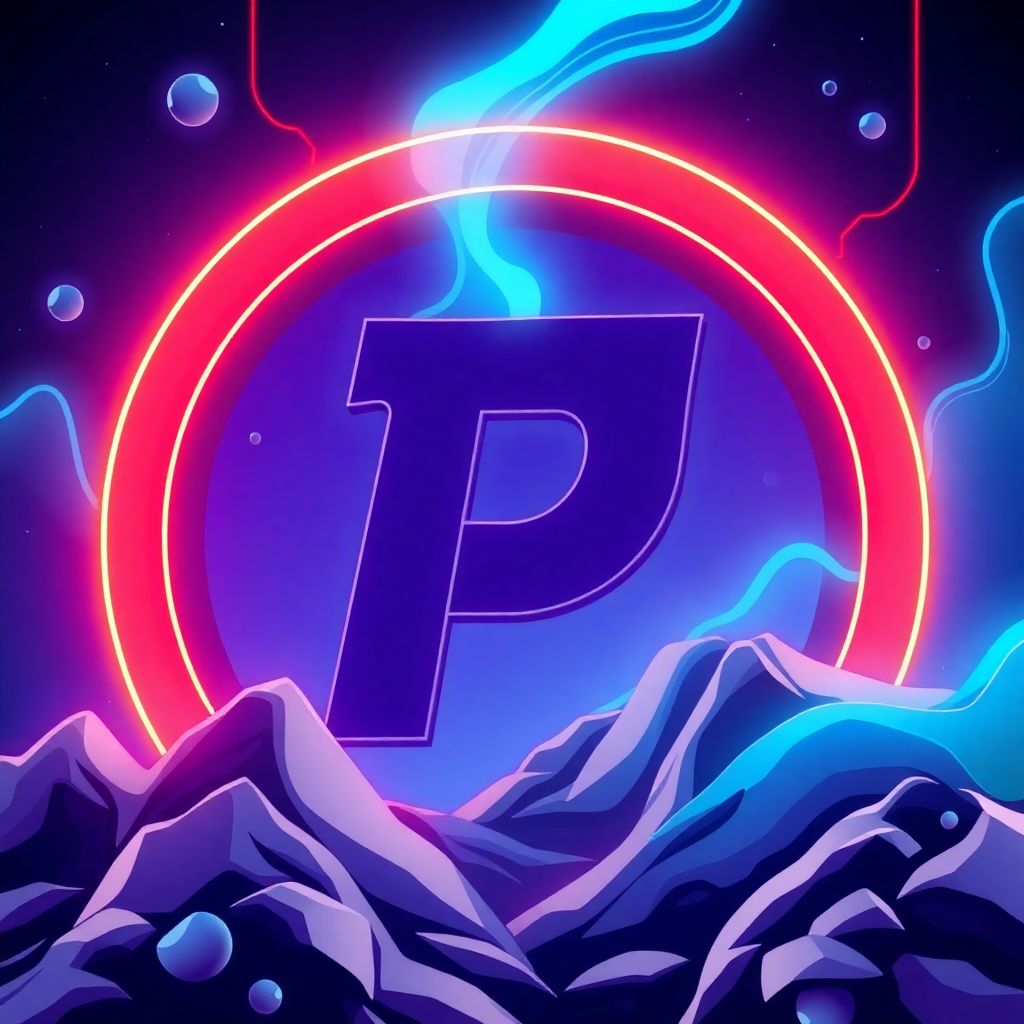PADRE token nosedives 76% following Pump.fun’s acquisition of its parent trading platform, triggering a wave of panic among investors and raising critical concerns about token utility and investor communications.
Memecoin launchpad Pump.fun recently announced the acquisition of Padre, a multichain trading terminal known for its high-speed execution and broad blockchain support. While the move was positioned as a strategic expansion, it has led to a dramatic collapse in the value of PADRE — the native token of the trading terminal — which plunged from a recent high of $0.076 to a mere $0.011, a staggering 76% drop.
The crash coincided with Pump.fun’s disclosure that PADRE tokens would no longer hold any utility within the newly acquired ecosystem. This single announcement effectively rendered the token obsolete, prompting a mass sell-off as holders scrambled to exit their positions before further losses.
Pump.fun confirmed the acquisition on October 24, 2025, via its official X account, highlighting that Padre would be integrated into its Solana-based memecoin infrastructure. The platform emphasized that it intends to retain Padre’s core trading functionalities, which include access to decentralized exchanges and launchpads across Solana, Ethereum, BNB Chain, and Base. However, the removal of PADRE token utility sparked outrage, particularly as no replacement mechanism or compensation was proposed.
The abrupt devaluation of the token has drawn criticism from across the crypto space, with many questioning the ethics and structure of the acquisition. Critics argue that Pump.fun should have either bought out the PADRE tokens at market value or offered a swap for PUMP tokens, the native asset of Pump.fun. The lack of a transition plan left many investors blindsided, especially those who had backed the project for its long-term potential.
Despite assurances that the trading terminal itself would continue functioning, the cancellation of token utility has undermined investor confidence. Without any use case or roadmap, PADRE now exists as a defunct asset, with no clear purpose or path forward.
This event has reignited debates around the risks of centralization and the responsibilities of platforms when undertaking acquisitions. In traditional finance, shareholders of an acquired company are typically compensated; however, in decentralized finance, such protections are often absent. The PADRE incident serves as a stark reminder of these vulnerabilities.
Moreover, the move may have long-term repercussions for Pump.fun’s reputation. While the acquisition might enhance its technological capabilities, alienating a passionate community could prove costly. Trust is a cornerstone in the crypto ecosystem, and abrupt decisions that devalue entire tokens without warning undermine that trust.
Industry experts are also raising questions about the due diligence conducted during the acquisition. Was there a plan for the PADRE holders? Why wasn’t a migration strategy rolled out? These unanswered questions are now echoing across the broader crypto community, fueling fears about similar moves by other platforms in the future.
Investors are now left with limited options. With no future utility for the PADRE token, its value is likely to remain suppressed unless Pump.fun reverses its decision or introduces a redemption model. Some speculate that community pressure might lead to a re-evaluation of the token’s role, but as of now, no such commitments have been made.
The incident also underscores the importance of transparency and communication in crypto project management. A more coordinated rollout of the acquisition news, paired with a clear plan for token holders, could have mitigated the damage. Instead, the announcement came as a shock, causing a liquidity exodus and destabilizing the token’s price within hours.
In the broader context, this case reflects a growing tension in Web3 between innovation and accountability. As platforms scale and begin acquiring others, the need for standardized governance models becomes increasingly urgent. Tokenomics must not be treated as an afterthought, especially when communities have invested time, money, and faith into a project.
Looking ahead, the PADRE situation may serve as a catalyst for industry-wide change. Calls for regulatory frameworks that protect token holders in the event of acquisitions are growing louder. While decentralization remains a core ethos, some form of investor safeguarding may be necessary to prevent similar collapses.
For now, PADRE holders face a grim reality. Unless Pump.fun revisits its decision or offers a token recovery plan, the PADRE token is effectively dead weight in users’ wallets. Whether this serves as a turning point for better crypto M&A practices or fades into memory as another cautionary tale depends on how the industry responds.

